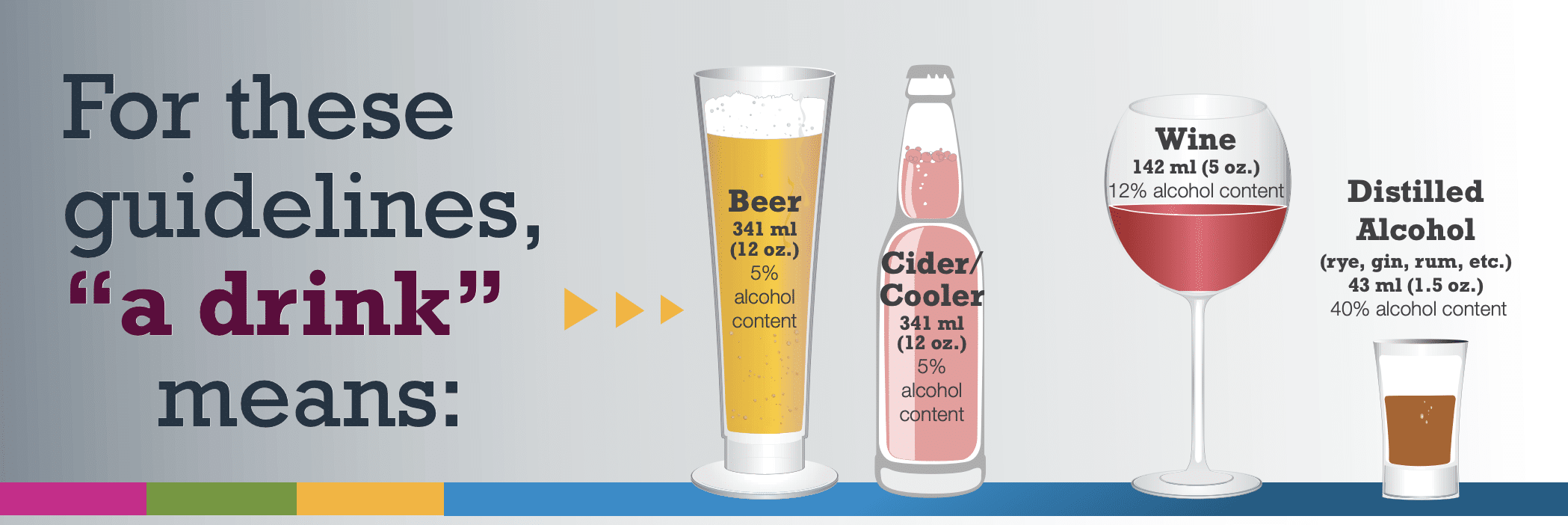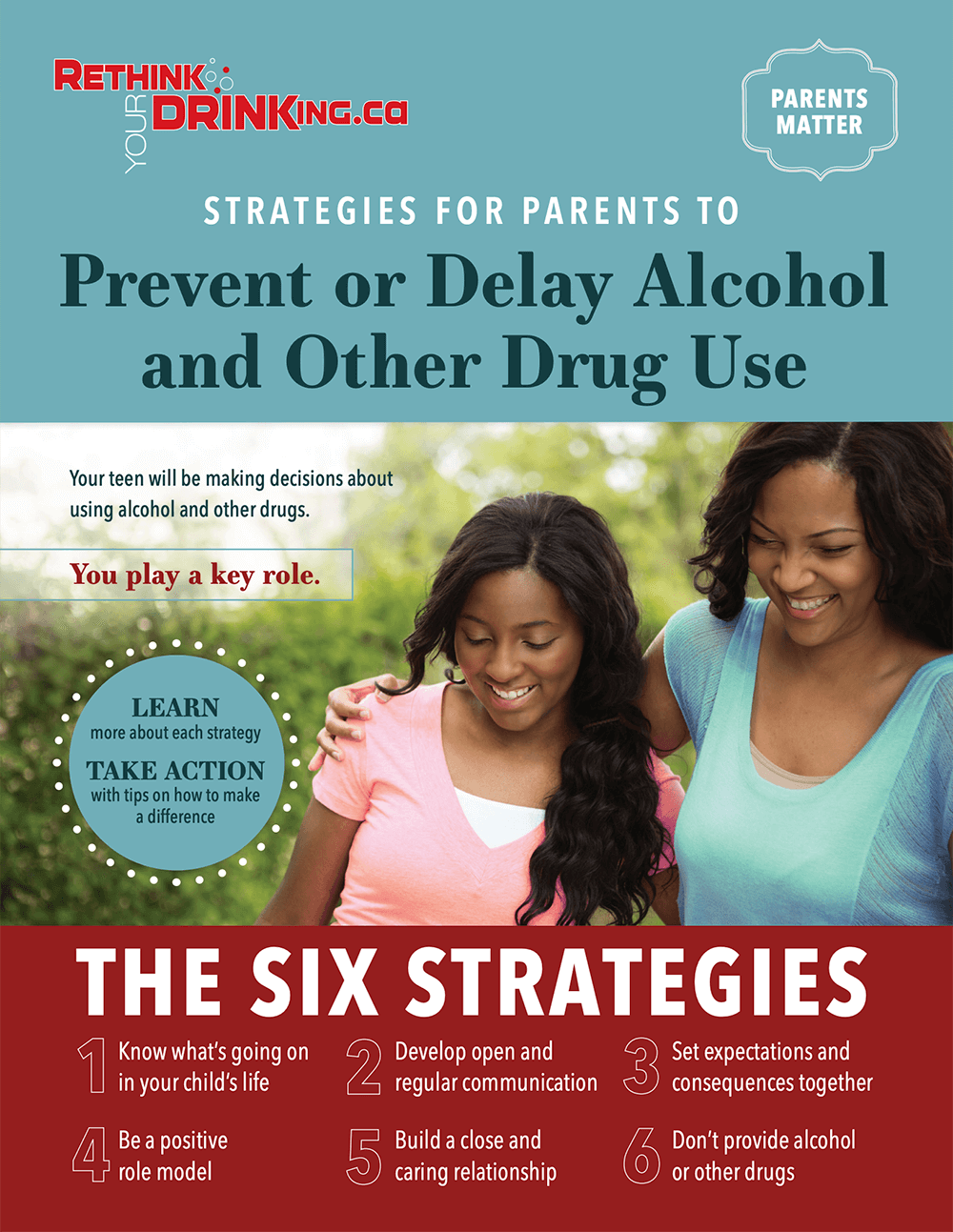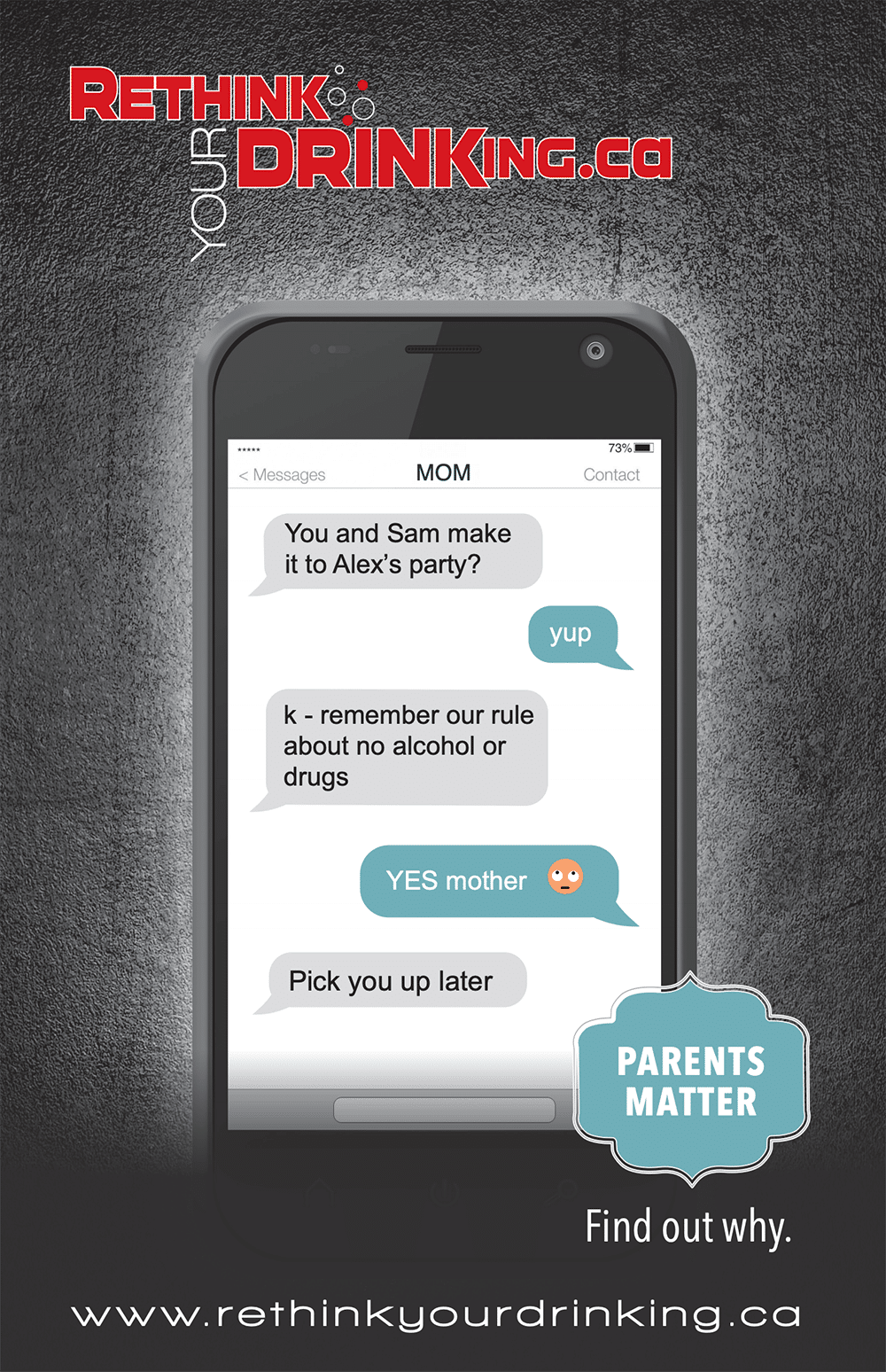We are in a better place to stay healthy when we understand how things affect our health. Many of us are unaware of how much alcohol we consume. Most people do not realize that alcohol is closely linked to many chronic diseases and social issues. It is important to be aware of your drinking and follow Canada’s Low Risk Alcohol Drinking Guidelines to reduce your risks.

Canada’s Low-Risk Alcohol Drinking Guidelines recommend no more than:
Women
10 standard drinks a week for women, with no more than 2 drinks a day
Men
15 standard drinks a week for men, with no more than 3 drinks a day
Remember:
Plan days without alcohol every week to avoid developing a habit. These limits will help reduce your long-term health risks from alcohol consumption.
Special Occasions:
Reduce your risk of injury and harm by drinking no more than 3 drinks (for women) or 4 drinks (for men) on any single occasion. Plan to drink in a safe environment. Stay within the weekly limits outlined above.
Do not drink when you are:
- driving a vehicle or using machinery and tools
- living with alcohol dependence
- doing any kind of dangerous physical activity
- living with mental or physical health problems
- taking medicine or other drugs that interact with alcohol
- pregnant or planning to be pregnant
- responsible for the safety of others
- making important decisions
Health Effects of Alcohol:
When Zero Alcohol is the Limit
The guidelines recommend abstinence (no alcohol consumption) for high-risk groups such as people with alcohol dependence, youth and pregnant women. They also recommend extreme caution with alcohol consumption in high-risk situations such as operating a vehicle or other machinery, making important decisions, or taking medications and/or other drugs.
Short-term Risks:
- Violence, including fights, intimate partner violence and child abuse
- Risky sexual behaviours, such as unprotected sex, sex with multiple partners, and sexual assault. This puts you at risk of unintentional pregnancy and sexually transmitted infections (STIs)
- Alcohol poisoning, which can cause passing out, problems breathing, coma, and even death.
- Unintentional injuries, such as drinking and driving, falls, drowning, and burns.
Long-term Risks:
Over time, alcohol use can lead to many physical, mental, emotional, and social problems, including:
- Heart disease, heart attack, and high blood pressure
- Cancers of the breast, liver, colon, head and neck
- Mental health issues such as dependence, depression, anxiety, and suicide
- Unemployment, financial crisis, and problems with family/friends
- Stroke
- Liver disease
- Damage to stomach and brain
Alcohol Poisoning
What is Alcohol Poisoning?
Alcohol poisoning happens when a person drinks too much alcohol for their body to process (often due to binge drinking). Alcohol poisoning is extremely dangerous and is considered a medical emergency. Signs of alcohol poisoning include:
- Decreased level of consciousness or not being able to wake up
- Cold, clammy, blue or pale skin
- Vomiting
- Slow or irregular breathing
- Seizures
- Incontinent of urine
What to do if someone has alcohol poisoning?
- Call for help (911)
- Put the person into the recovery position. Turn them onto their side, bending their leg and supporting their head to open their airway.
- Stay with the person until help arrives.

Parents
Why prevent alcohol and other drug use?
Your child’s brain is developing into the mid-twenties, and alcohol and other drug use can negatively affect this development.
Risks associated with alcohol and other drug use include:
- Problems at school and with making good decisions
- Memory problems
- Difficulty dealing with emotions
- Mental health problems
- Dependence/ addiction
- Injuries
- Trouble with the law
Here are some strategies for preventing or delaying alcohol and other drug use:
- Know what’s going on in your child’s life
- Develop open and regular communication
- Set expectations and consequences together
- Be a positive role model
- Build a close and caring relationship
- Don’t provide alcohol or other drugs




